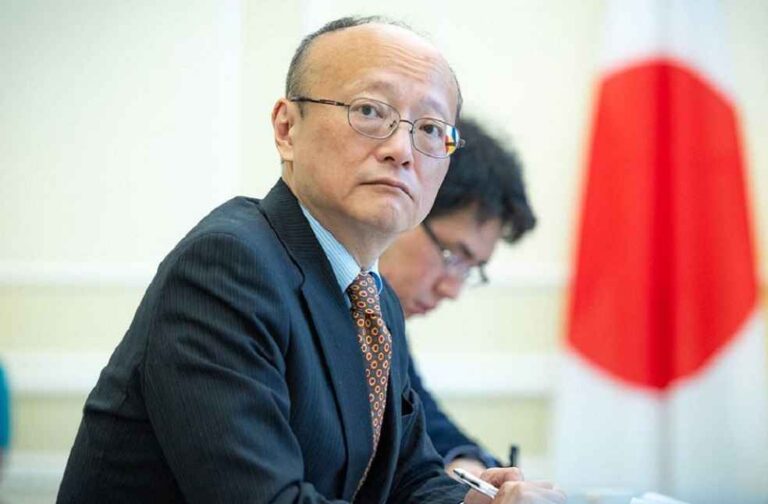Tokyo: Japan is prepared to take decisive action to counter excessive yen drops, Masato Kanda, the country’s top currency diplomat, announced. This statement underscores Japan’s vigilance and readiness to intervene in the currency market to stabilize the yen if necessary.
Kanda emphasized that while a flexible exchange-rate regime typically negates the need for intervention, the government would act if currency volatility adversely impacts the economy. “We are ready to act any time as needed against currency moves,” Kanda said after attending the first session of the Group of Seven (G7) finance leaders’ meeting in Stresa, Italy.
This announcement came a day after U.S. Treasury Secretary Janet Yellen stated that currency interventions should be rare and well-communicated. Kanda highlighted that Japan maintains frequent and close communication with overseas counterparts, particularly in the U.S., on financial market issues.
During the G7 meeting, Japan emphasized the importance of vigilance against speculative-driven currency market volatility and the need for appropriate responses to disorderly movements that could harm the economy. Kanda stated that Japan would advocate for the G7 communique to reaffirm the group’s stance against excessive and volatile currency moves.
The yen has depreciated by 11% against the dollar this year, influenced by expectations that the U.S. Federal Reserve will not rush to cut interest rates, thereby maintaining a significant rate divergence between the U.S. and Japan’s ultralow rates. This depreciation has been problematic for Japan, increasing the cost of raw material imports and affecting consumption.
Japan is suspected to have intervened in the currency market to support the yen on April 29 and May 2, countering what authorities described as excessive, speculative moves. Although this intervention prevented the yen from dropping below the critical 160-to-the-dollar level, the currency has not significantly rebounded, standing at ¥156.98 to the dollar on Friday.
The G7 nations share a consensus that stable currency moves are preferable and that countries should act when exchange-rate volatility becomes excessive. Tokyo interprets this agreement as granting it the authority to intervene in the market to curb extreme yen fluctuations.



